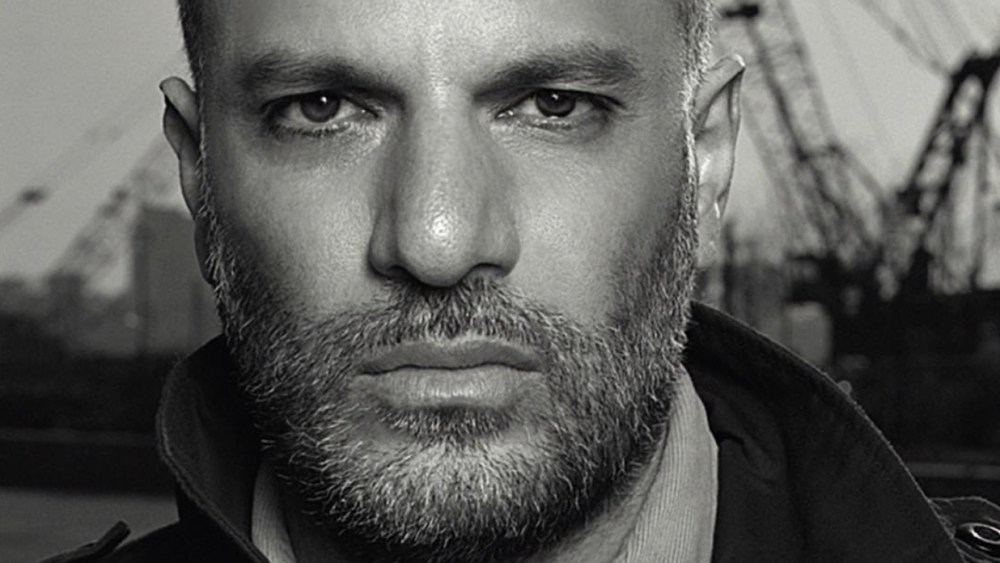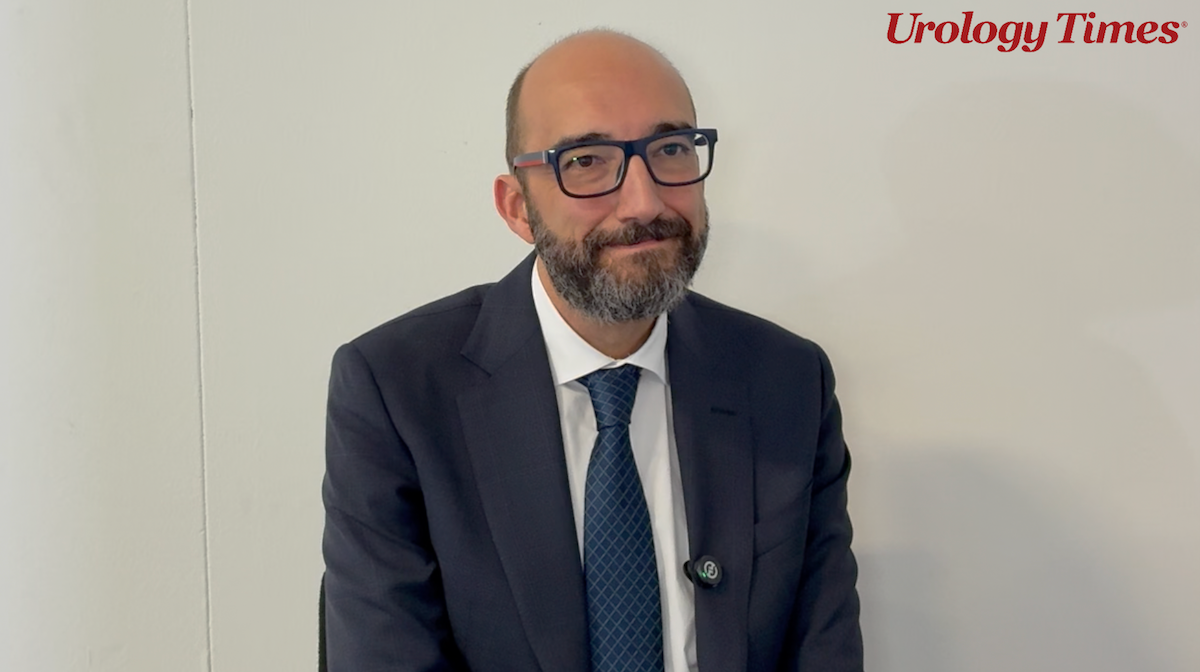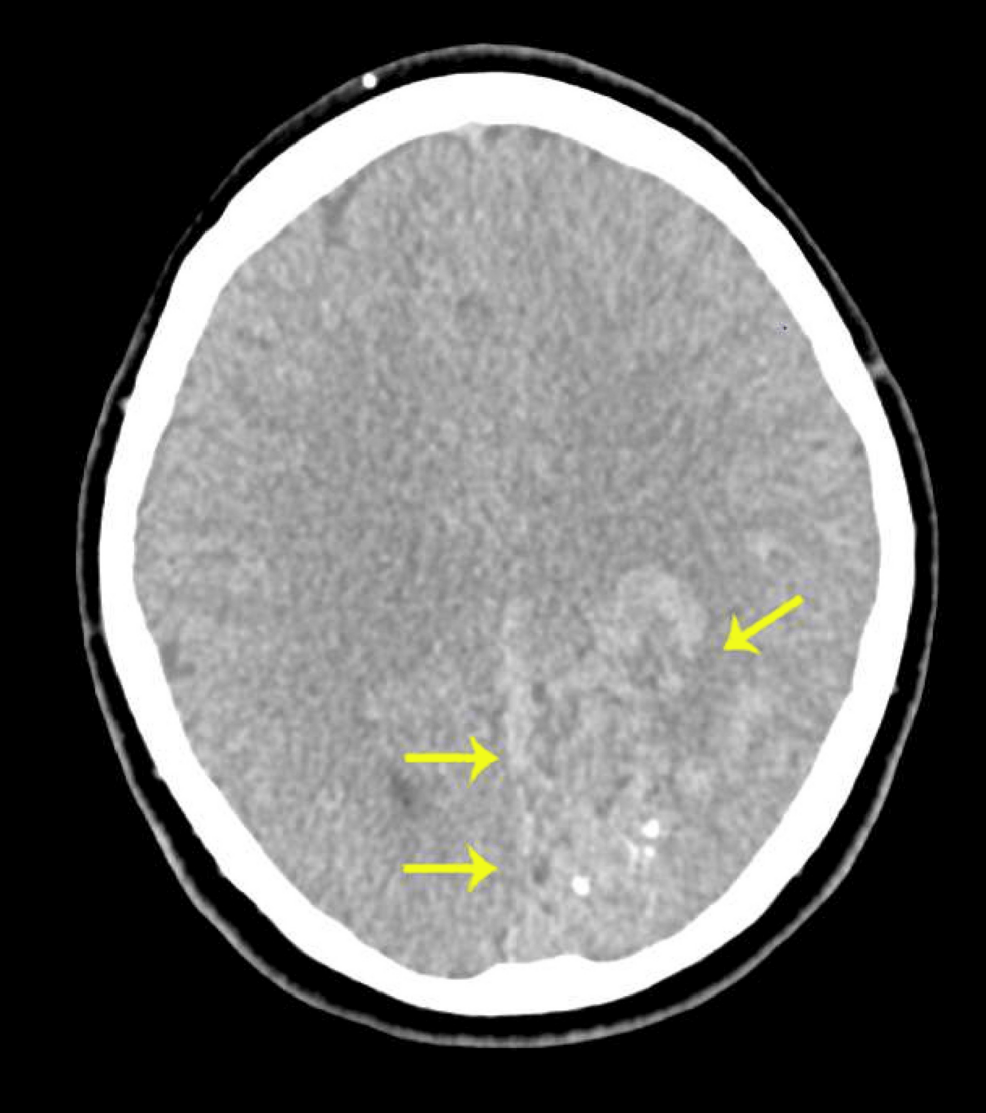In total, the study included 267 patients who were randomly assigned to receive 3 vs 6 cycles of platinum-based chemotherapy followed by maintenance avelumab. Overall, 78% and 40% of patients completed all 3 and 6 cycles, respectively, of allocated treatment.
The average change in quality of life from baseline to cycle 6 was 0 (95% CI, -5.9 to 5.2) in the 3-cycle arm vs -8.5 (95% CI, -14.1 to -2.9) in the 6-cycle arm. The difference between groups was clinically significant, favoring the 3-cycle arm (95% CI, 0.7 to 16.3; P = .016).
Regarding efficacy, there was no significant difference between the 2 groups in terms of overall response rate (ORR). Specifically, the ORR was 24% in the 3-cycle arm vs 27% in the 6-cycle arm. Further, the median progression-free survival was 8.0 months (95% CI, 6.7 to 11.9) in the 3-cycle arm vs 9.0 months (95% CI, 6.9 to 12.7) in the 6-cycle arm. The median overall survival was 18.9 months in both arms (HR, 1.15; 95% CI, 0.72 to 1.86; P = .56).
Grade 3 to 4 treatment-related adverse events were reported in 11.9% of patients in the 3-cycle arm and 15.7% of patients in the 6-cycle arm.
REFERENCE
1. Grande E, Hussain SA, Duran MAC, et al. LBA109 – DISCUS: A phase II study comparing 3 vs 6 cycles of platinum-based chemotherapy prior to maintenance avelumab in advanced urothelial cancer. Presented at: 2025 European Society for Medical Oncology Congress. October 17-21, 2025. Berlin, Germany. LBA109





